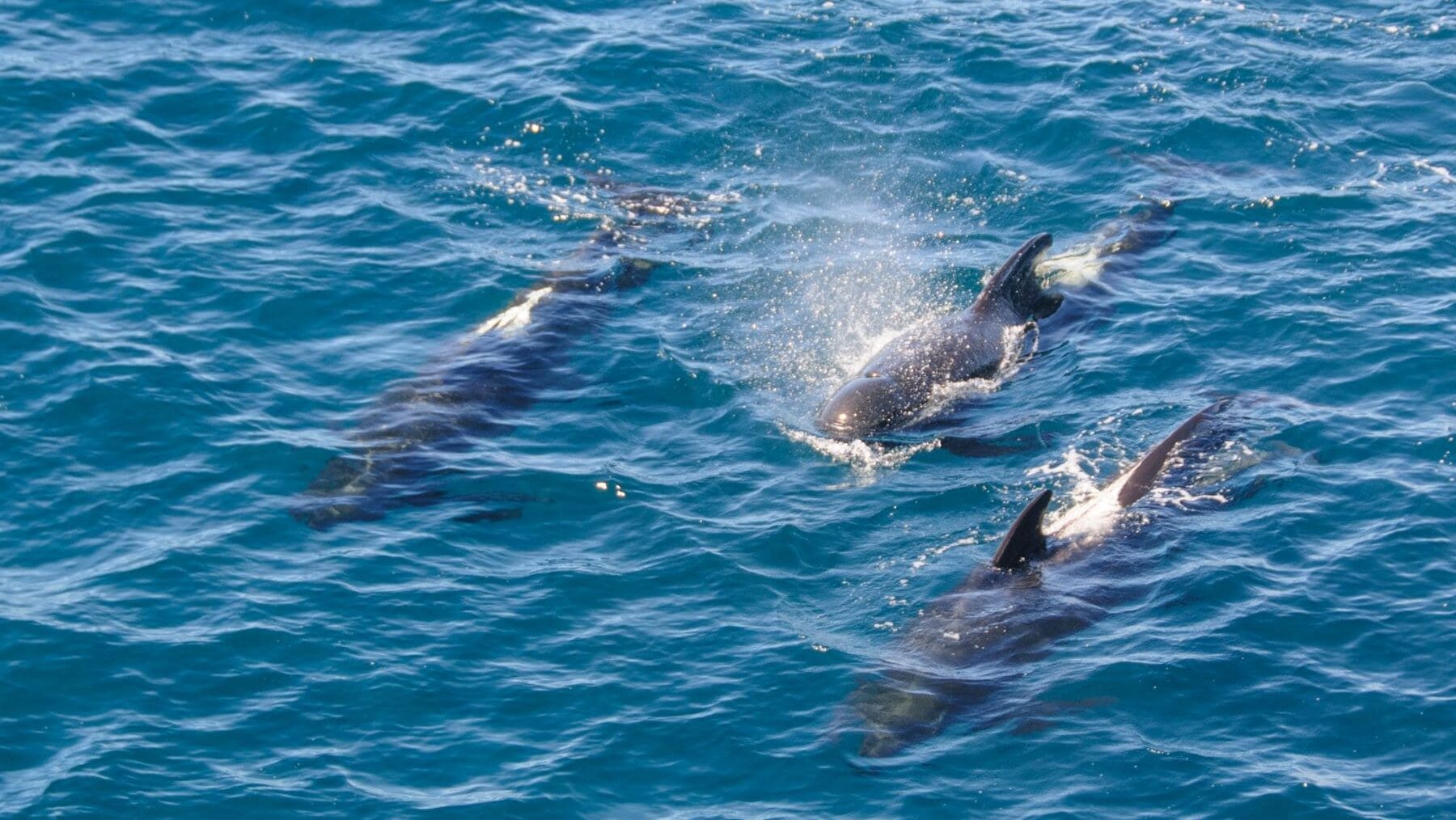Environmental organizations have shown their alarm over the extension of the marine protection LIFE INTEMARES. For this reason, they ask the Ministry of Fisheries to urgently establish appropriate management measures.
Marine protection: is it not a priority?
The criticism of the Government of Spain is due to the fact that they did not meet the marine conservation objectives of the LIFE INTEMARES project on time. After ask for an extension to the European Unionnow the term extends until June 2026.
This extension of the project, which was to conclude this year, represents one more delay in compliance with the legal deadlines to draw up plans for management for marine protected areaswhich prolongs a situation of illegality in some areas. The creation of new protected areas, already agreed upon by the scientific community,1 would also be delayed, which could mean failing to meet the European objective of protecting 30% of Spanish waters by 2030.
The Sustainable Fishing Law obliges the Ministry of Agriculture, Fisheries and Food to coordinate with the Ministry of Ecological Transition and Demographic Challenge to manage fishing within marine protected areas. The lack of understanding between both portfolios on this matter endangers the integrity of the ecosystems by which these areas are protected.
«The LIFE INTEMARES project, which has received 50 million euros from European citizens over eight years, should have addressed the situation of 94,000 km2 of paper parks, theoretically protected areas that have been without a management plan for more than six years, which is the legal limit. Vulnerable habitats and species, such as cetaceans and corals, They are threatened by immobility on the part of the Government regarding the management of protected areas. Oceana requests that the Ministry of Fisheries guarantee effective management measures, such as the elimination of destructive fishing gear from protected areas,” says marine biologist Silvia García.
Ecosystems such as the mud volcanoes of the Gulf of Cádiz, the bamboo corals of the Seco de los Olivos and the white coral reefs of the Avilés Canyon are affected by trawling. The delay in establishing management measures also affects areas destined for protection of cetaceansas happens in the migratory corridor that runs through part of the Mediterranean and the Canary Islands. In both enclaves there is a risk of collision of these mammals with different vessels.
Spain has 22.3% of protected marine surface and the management of almost half is pending by LIFE INTEMARES. Additionally, most plans management of marine protected areas in our country they are outdated or exclude measures to regulate fishing1, which is illegal.2 Future plans must prohibit harmful fishing and include strict protection zones to safeguard the most vulnerable habitats and species.
LIFE INTERMARES: conservation project
Endowed with 49.8 million euros, INTEMARES LIFE It is one of the largest marine conservation projects in Europe. Its objective is to establish management measures for the marine Natura 2000 networkas well as completing it with the declaration of new protected areas to ensure the representativeness and coherence of the network. The project began in January 2017 and should conclude eight years later, in December 2024. According to its schedule, the management plans should have been approved by December 2021 and the declaration of new protected areas by December 2022.
Oceana participates in the scientific committee of the project, which presented a proposal that would allow reaching 30% of protection of Spanish marine watersas established by the Convention for Biological Diversity. Of the areas proposed for declaration as Places of Community Importance during the validity of the project, six remain pending: seamounts of the Mallorca Channel, Tiñoso Canyon and Seco de Palos, Cap Bretón tributary canyon system, marine area of the banks and gorges of the Alboran Sea, west of the Strait of Gibraltar and east of Lanzarote-Fuerteventura.
The Habitats Directive requires that Sites of Community Importance have management measures in place no later than six years after their approval. The INTEMARES delays affect the cetacean migratory corridor; to the Natura 2000 sites of the Valencian Community; to 24 areas of the Canary Islands and the Eastern Strait; and the ten areas of LIFE + INDEMARESits predecessor project, which were approved by the EU between 2015 and 2016.

